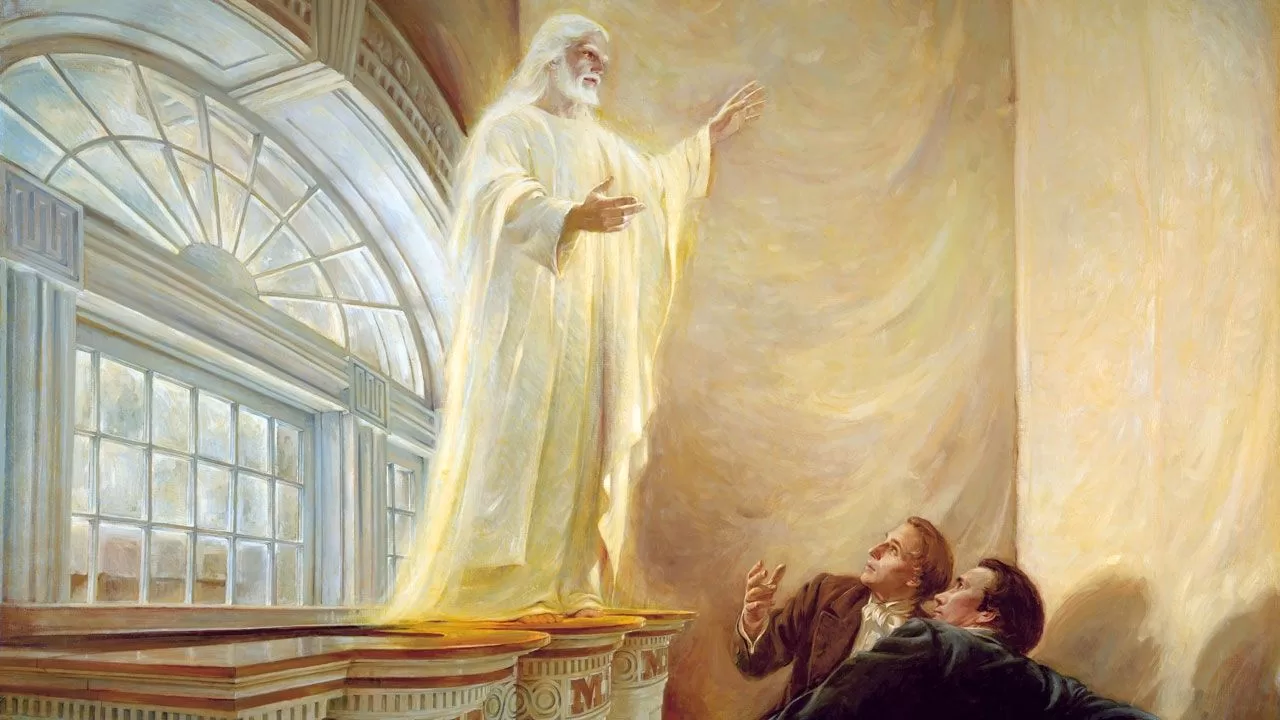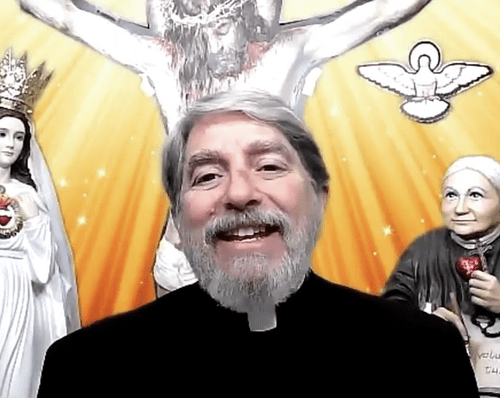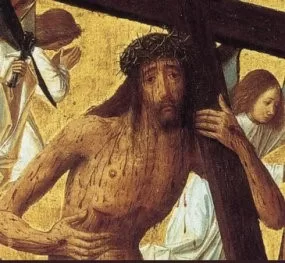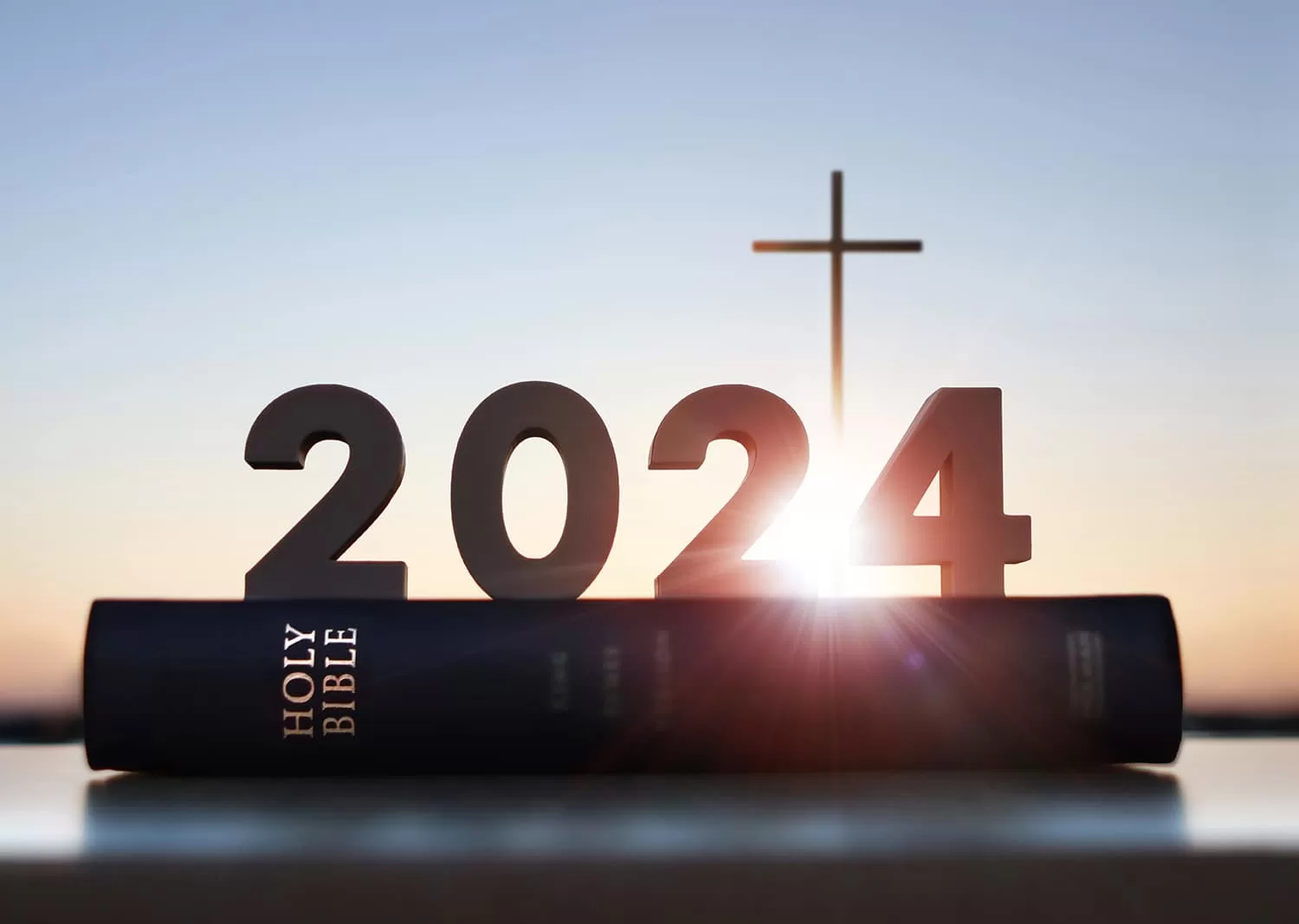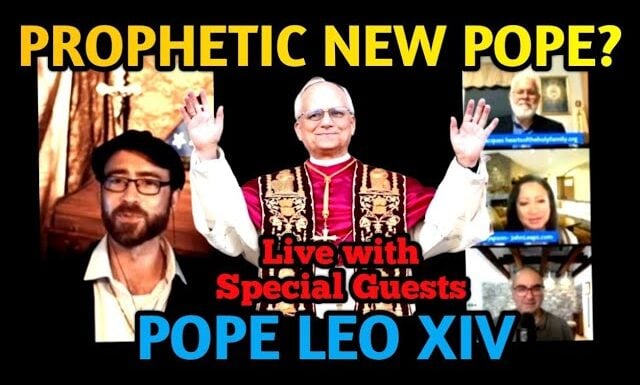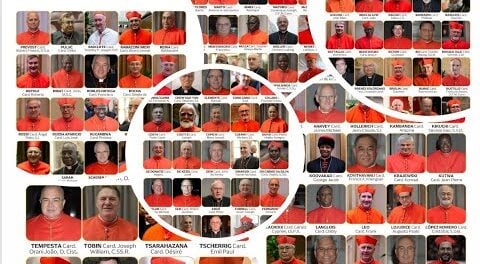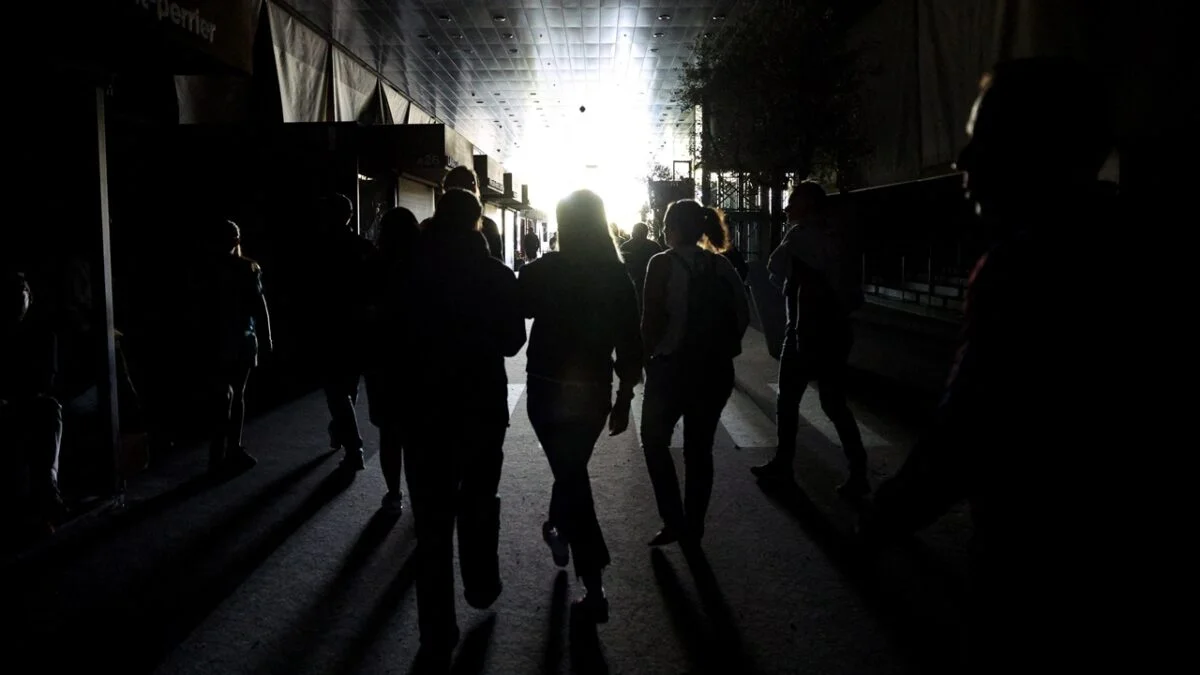
Category: Meditations
-
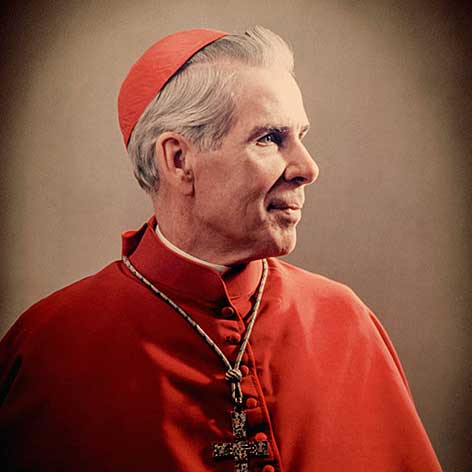
Fulton Sheen’s Clear Warning About the Anti-Christ
Read More: Fulton Sheen’s Clear Warning About the Anti-Christhttps://www.youtube.com/watch?v=LhaCjUGamjk By Joseph Pronechen , NC Register In 1947, Archbishop Fulton Sheen forewarned what no one thought possible for these times. Setting the Stage Far-seeing Archbishop Sheen said that the anti-Christ will not be called by that name, “otherwise he would have no followers.” Same for the way he, the devil, is depicted such as…
-
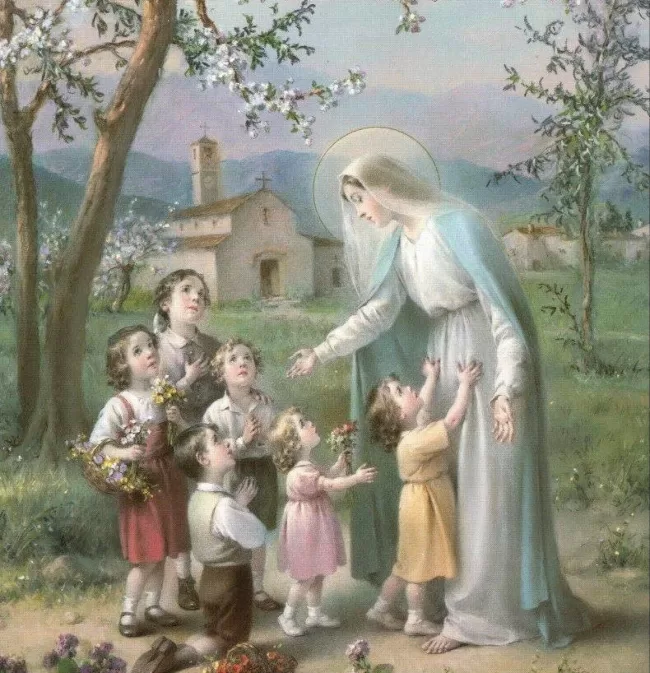
Children, Your Mother is Calling | An Exclusive Letter from Mother Mary!
Read More: Children, Your Mother is Calling | An Exclusive Letter from Mother Mary!Powered By EmbedPress
-
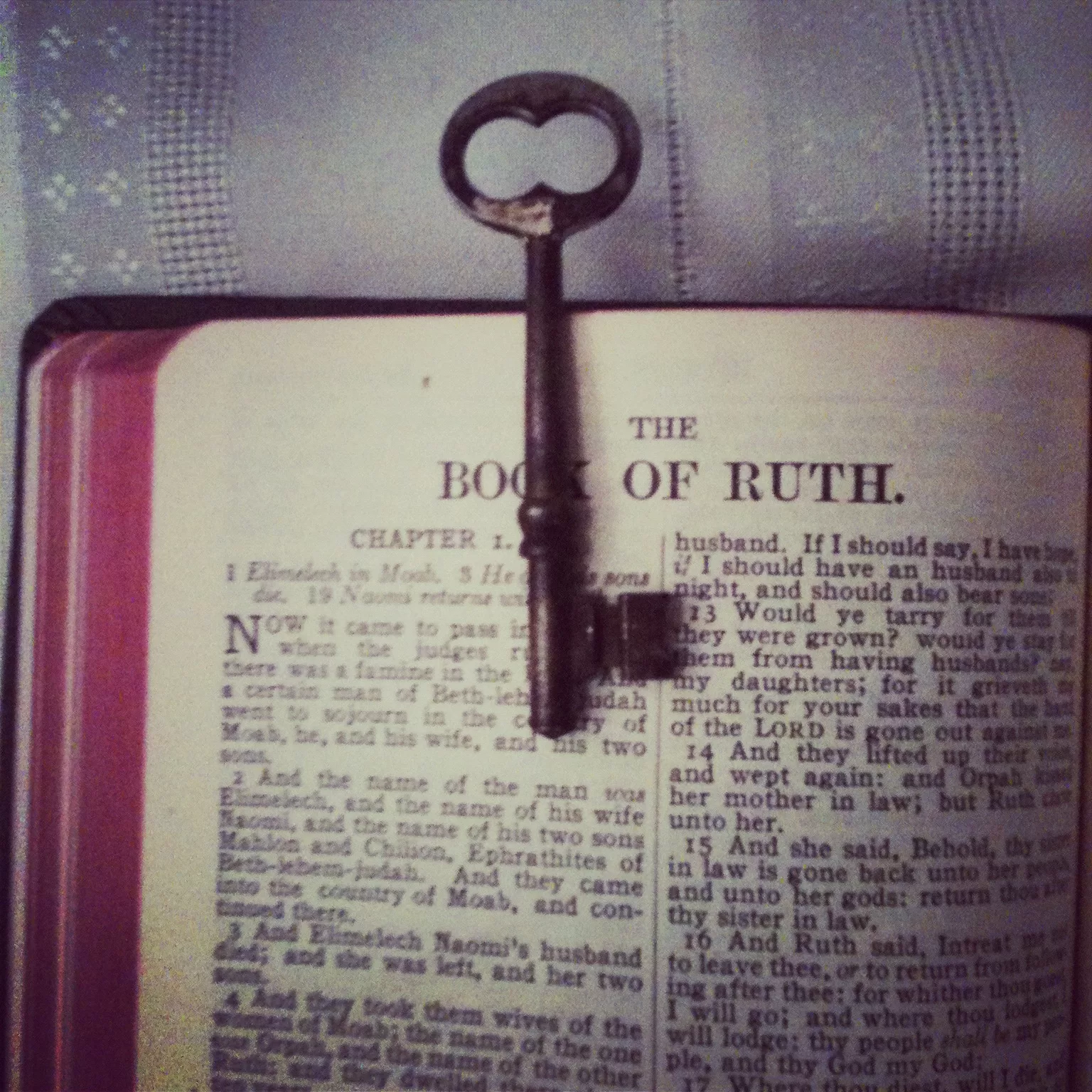
-
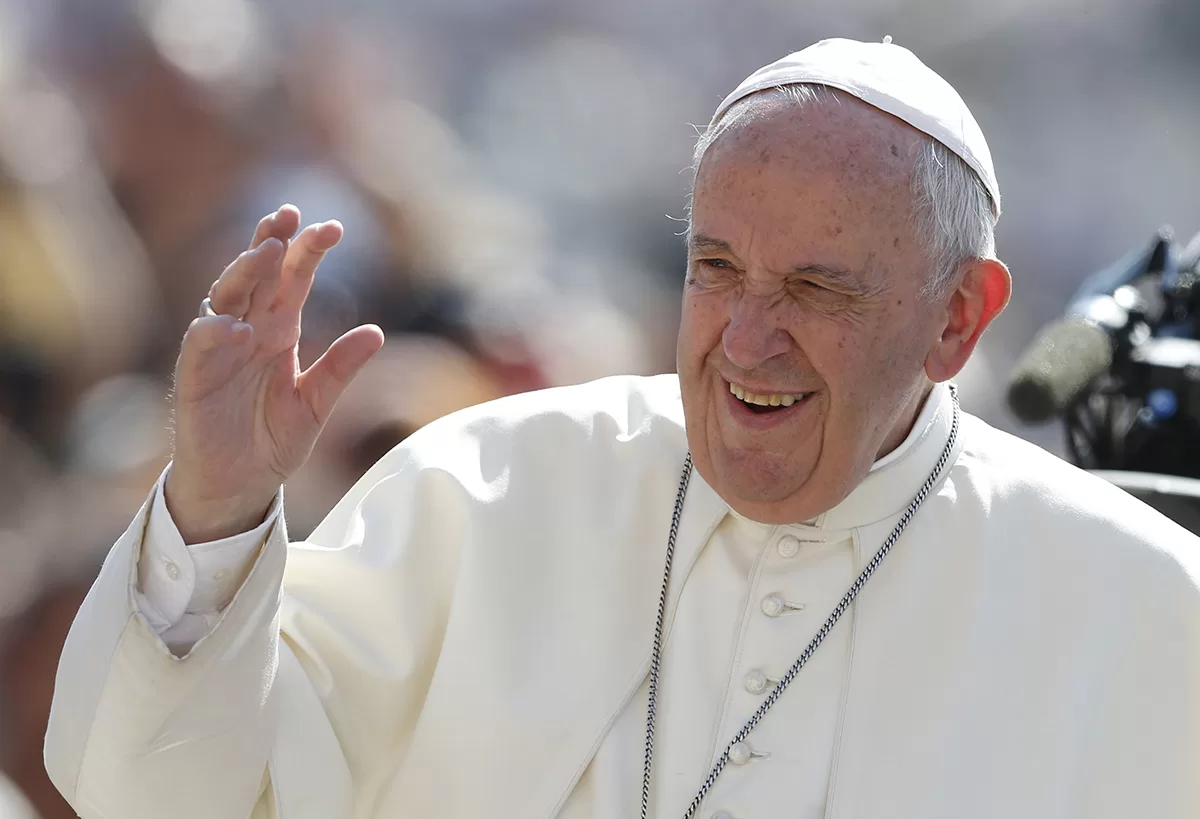
Search
Popular Posts
-
🙏 A New Chapter Begins: Supporting Pope Leo XIV with Prayer and Hope | W/ Daniel O’Connor
“Give the new pope a break and support him with your prayers.”–…
-
Possible Candidates for The Next Pope!
Some Candidates for the New Papacy Today we will share with you…
Categories
Archives
Tags
#Miracles (102) 2023 (4) 2024 (4) approved miracles (2) catholic (141) catholic blog (375) catholic meditations (7) catholic miracles (371) catholic motivation (2) catholic news (371) catholic prayers (4) CatholicSeers (359) catholic vlog (375) catholic websites (6) Eucharistic miracle (2) fr jim blount (3) GisellaCardia (11) hamas (3) imitation of christ (2) Israel (4) israel live (5) Israel news (9) jesus (3) jesus christ (4) Latest messages (11) lent 2023 (10) lent 2024 (4) lent homily (2) lent retreat (4) lent retreat 2023 (3) Lourdes (2) messages from god (6) MessagesFromHeaven (364) miracles of catholic church (2) mother and refuge (2) ourlady (325) OurLadyApparitions (22) our lady of lourdes (2) Pope (2) POPE francis (3) pope francis news (2) prayers (3) real miracles (356) sacred heart of jesus (2) The Miracles of Lourdes (2)


